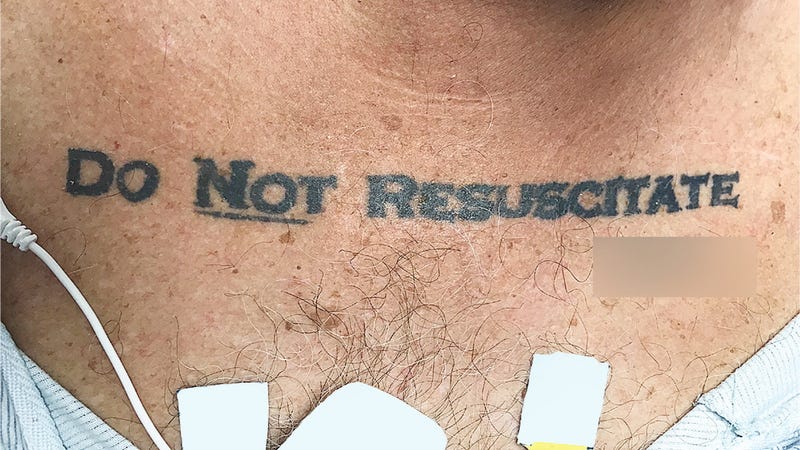Forbes, L., & Bennett, D. (2023, January 20).
https://doi.org/10.31234/osf.io/v86bx
Abstract
The valence of an individual’s emotional response to an event is often thought to depend on their prior expectations for the event: better-than-expected outcomes produce positive affect and worse-than-expected outcomes produce negative affect. In recent years, this hypothesis has been instantiated within influential computational models of subjective affect that assume the valence of affect is driven by reward prediction errors. However, there remain a number of open questions regarding this association. In this project, we investigated the moderating effects of outcome valence and decision context (Experiment 1: free vs. forced choices; Experiment 2: trials with versus trials without counterfactual feedback) on the effects of reward prediction errors on subjective affect. We conducted two large-scale online experiments (N = 300 in total) of general-population samples recruited via Prolific to complete a risky decision-making task with embedded high-resolution sampling of subjective affect. Hierarchical Bayesian computational modelling revealed that the effects of reward prediction errors on subjective affect were significantly moderated by both outcome valence and decision context. Specifically, after accounting for concurrent reward amounts we found evidence that only negative reward prediction errors (worse-than-expected outcomes) influenced subjective affect, with no significant effect of positive reward prediction errors (better-than-expected outcomes). Moreover, these effects were only apparent on trials in which participants made a choice freely (but not on forced-choice trials) and when counterfactual feedback was absent (but not when counterfactual feedback was present). These results deepen our understanding of the effects of reward prediction errors on subjective affect.
From the General Discussion section
Our findings were twofold: first, we found that after accounting for the effects of concurrent reward amounts (gains/losses of points) on affect, the effects of RPEs were subtler and more nuanced than has been previously appreciated. Specifically, contrary to previous research, we found that only negative RPEs influenced subjective affect within our task, with no discernible effect of positive RPEs. Second, we found that even the effect of negative RPEs on affect was dependent on the decision context within which the RPEs occurred. We manipulated two features of decision context (Experiment 1: free-choice versus forced-choice trials; Experiment 2: trials with counterfactual feedback versus trials without counterfactual feedback) and found that both features of decision context significantly moderated the effect of negative RPEs on subjective affect. In Experiment 1, we found that negative RPEs only influenced subjective affect in free-choice trials, with no effect of negative RPEs in forced-choice trials. In Experiment 2, we similarly found that negative RPEs only influenced subjective affect when counterfactual feedback was absent, with no effect of negative RPEs when counterfactual feedback was present. We unpack and discuss each of these results separately below.
Editor's synopsis: As with large amounts of other research, "bad" is stronger than "good" in making appraisals and decisions, in context of free (not forced) choice and no counterfactual information available.
Important data points when working with patient who are making large life decisions.





